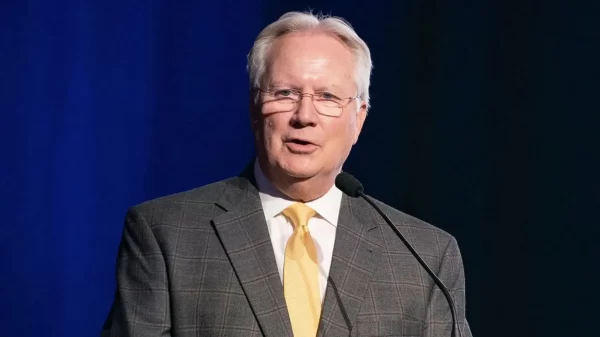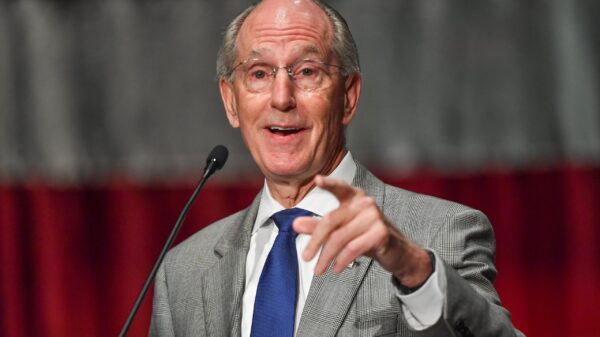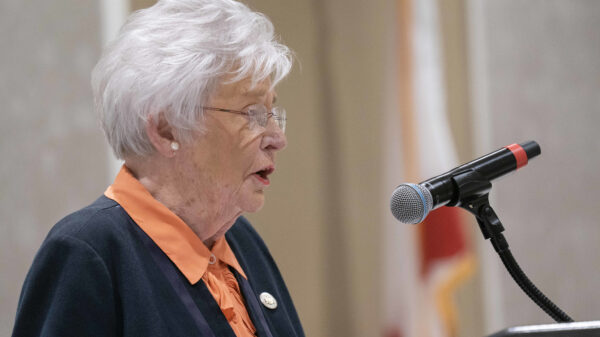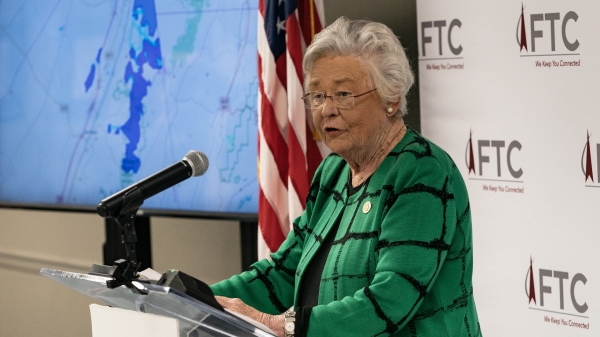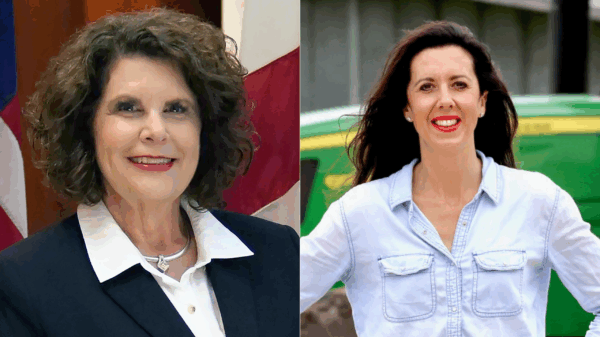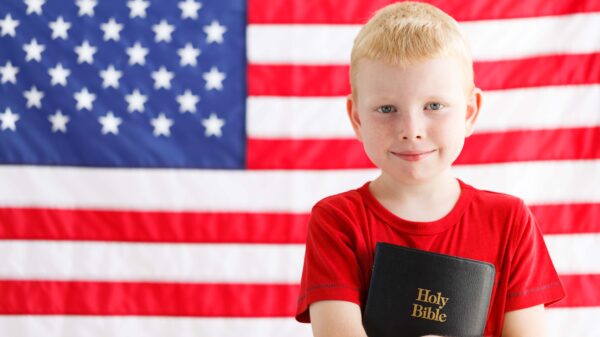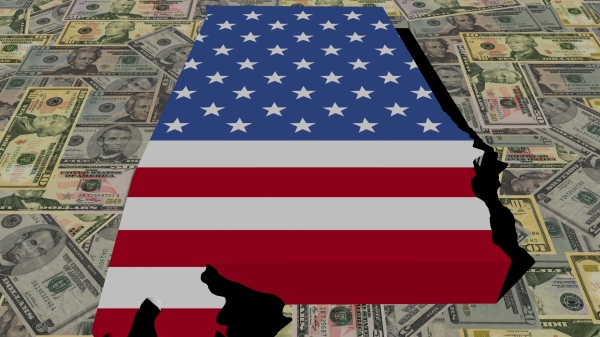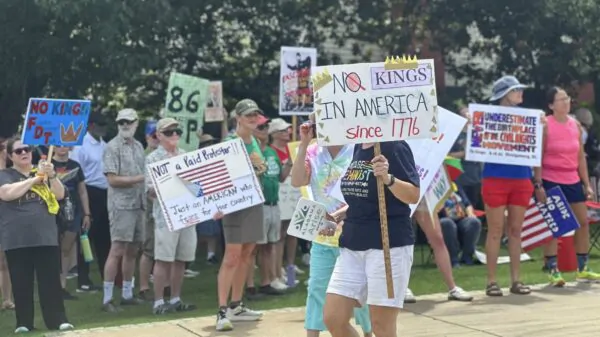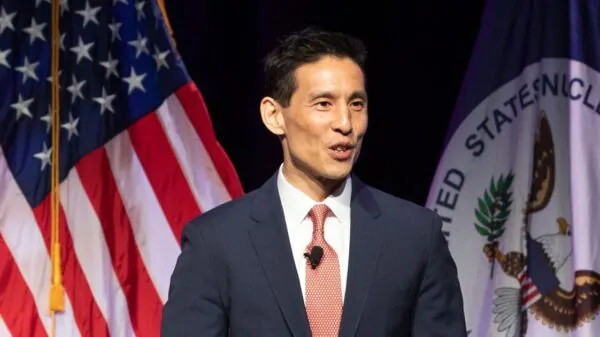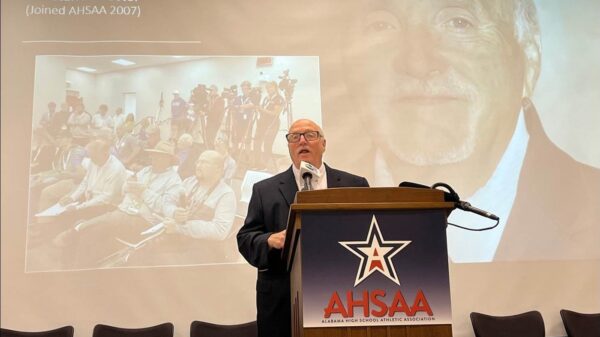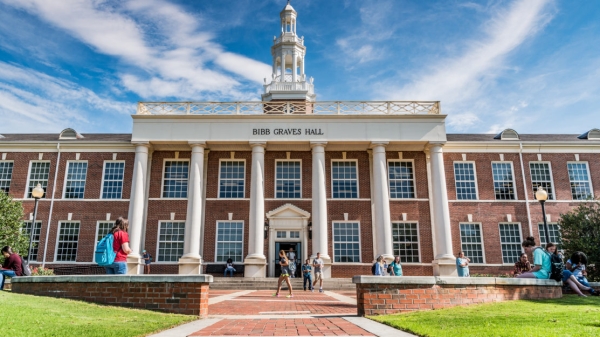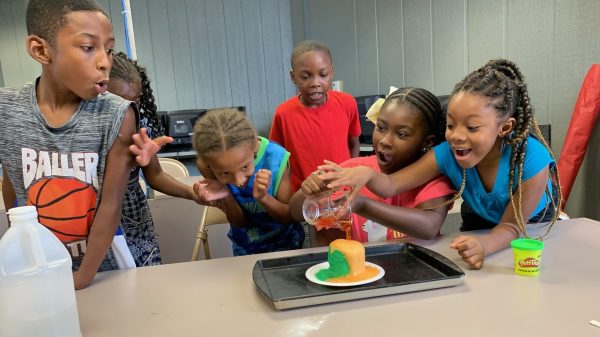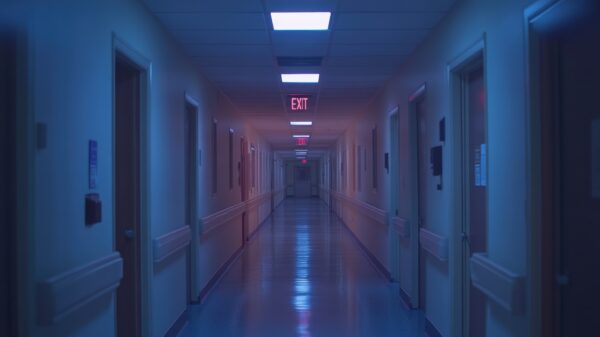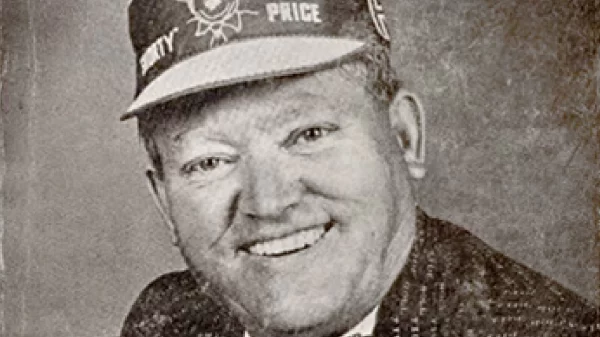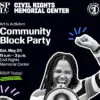By Richard Cohen
President, Southern Poverty Law Center
“They always get away.”
These were the words George Zimmerman uttered as he followed and later shot Trayvon Martin — words that reflected his belief that Trayvon was one of “them,” the kind of person about to get away with something.
How ironic these words sound now in light of the jury verdict acquitting Zimmerman. Trayvon is dead, and Zimmerman is free. Who was the one who got away? Can we respect the jury verdict and still conclude that Zimmerman got away with killing Trayvon? I think so, even if we buy Zimmerman’s story that Trayvon attacked him at some point. After all, who was responsible for initiating the tragic chain of events? Who was following whom? Who was carrying a gun? Who ignored the police urging that he stay in his car? Who thought that the other was one of “them,” someone about to get a away with something?
The jury has spoken, and we can respect its conclusion that the state did not prove its case beyond a reasonable doubt. But we cannot fail to speak out about the tragedy that occurred in Sanford, Florida, on the night of February 26, 2012.
Was race at the heart of it? Ask yourself this question: If Zimmerman had seen a white youth walking in the rain that evening, would he have seen him as one of “them,” someone about to get away with something? We’ll never really know, of course. But we can seriously doubt it without assuming that Zimmerman is a racist in the conventional sense of the word.
Racial bias reverberates in our society like the primordial Big Bang. Jesse Jackson made the point in a dramatic way when he acknowledged that he feels a sense of relief when the footsteps he hears behind him in the dead of night turn out to belong to white feet.
Social scientists who study our hidden biases make the same point in a more sober way with statistics that demonstrate that we are more likely to associate black people with negative words and imagery than we are white people. It’s an association that devalues the humanity of black people, particularly black youth like Trayvon Martin. George Zimmerman probably saw race the night of February 26, 2012, just like so many of us probably would have. Had he not, Trayvon probably would be alive today.
The jury has spoken. Now, we must speak out against the racial bias that still infects our society and distorts our perception of the world. And we must do something about it.




